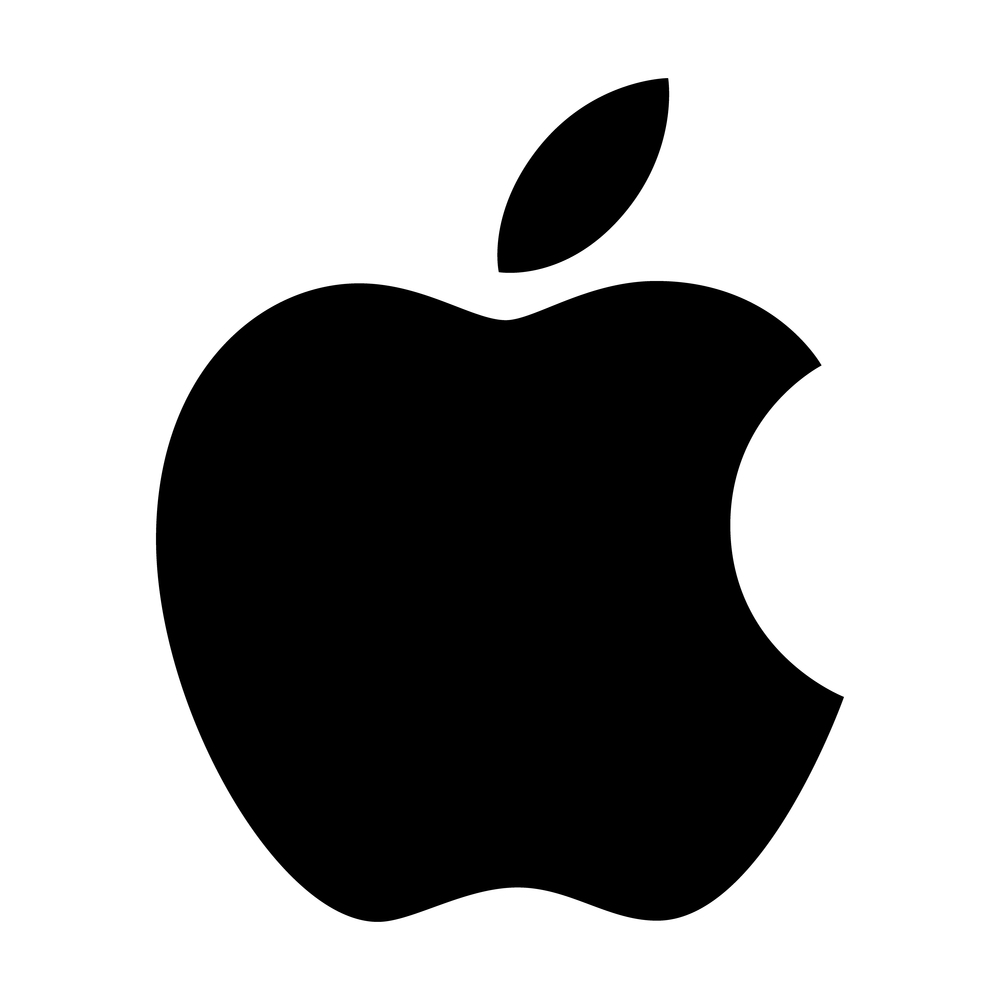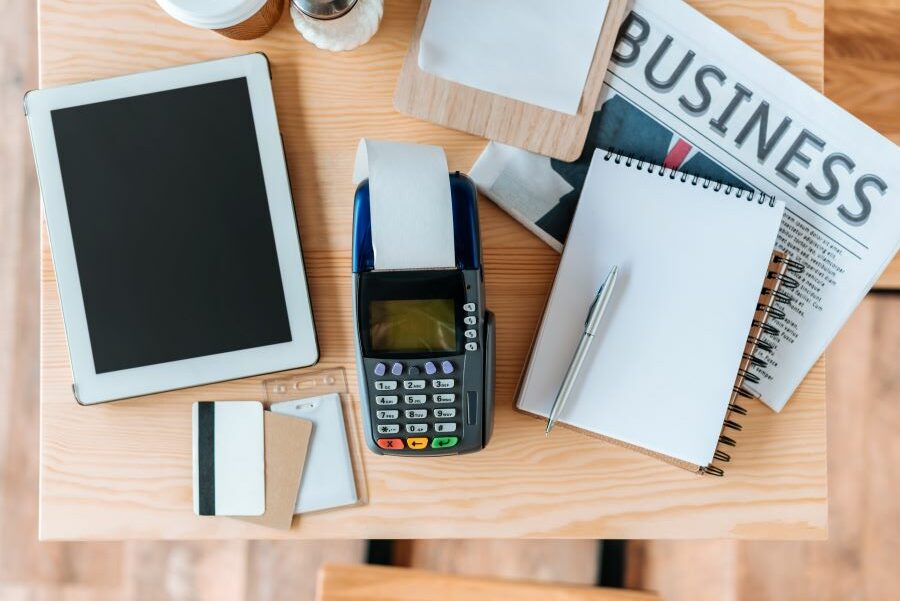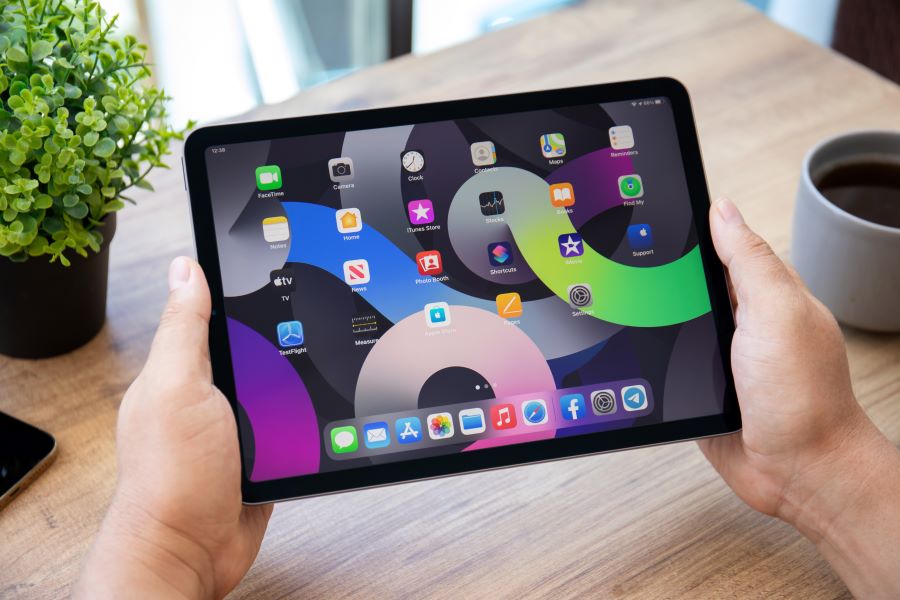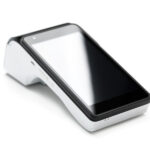When choosing a cloud-based POS system, businesses choose an iPad for their POS system for several reasons. Firstly, the iPad offers the advantage of a cloud-based system, allowing businesses to access real-time data from anywhere. This enables them to monitor their operations, track inventory, and generate sales reports conveniently. Additionally, the iPad’s ease of use makes it a preferred choice for many business owners. Its intuitive interface and user-friendly features require minimal training, saving valuable time and resources.
Another key benefit of using an iPad as a POS system is its mobility. With an iPad, businesses can offer curbside, tableside, or self-service options, enhancing the overall customer experience. This flexibility enables businesses to streamline their operations and reduce customer wait times. Furthermore, iPads are not limited to a fixed location and can easily be carried around by employees. This feature is particularly valuable for businesses in the food service industry, such as food trucks or restaurants, where mobility is essential.
In conclusion, the iPad is the best choice for businesses looking for a cloud-based POS system due to its ease of use, mobility, and real-time data access. Its range of features and flexibility makes it an ideal solution for businesses in various industries, including retail, hospitality, and food service. By choosing an iPad for their POS system, businesses can optimise operations, improve customer satisfaction, and stay competitive in today’s fast-paced business landscape.
Data security on iPad
Data security is critical when choosing a cloud-based POS system, and the iPad offers robust measures to protect sensitive information. One of the key security features provided by the iPad is encryption. The iOS operating system on iPads uses advanced encryption methods to safeguard data in transit and at rest, making it extremely difficult for unauthorised individuals to access or manipulate the information.
When comparing iOS to Android operating systems, the data security measures on iPad are considered superior. iOS has a closed system that tightly controls the app ecosystem, making it less susceptible to malware and unauthorised access. On the other hand, Android has a more open system, which can increase the risk of data breaches if proper security measures are not in place.
But how does the security compare between iPad (iOS) and Android operating systems? Let’s explore the distinctions:
 iOS iOS | |
|---|---|
| Walled Garden Approach: iOS operates within a tightly controlled ecosystem, limiting app installations to the App Store, and enhancing security by curating apps thoroughly. | Diverse Ecosystem: Android’s open nature leads to various app sources, potentially exposing users to malicious apps if not cautious. |
| Regular Updates: Apple provides consistent updates, quickly patching vulnerabilities and enhancing security features. | Fragmentation Challenges: Device manufacturers and carriers control Android updates, resulting in delayed or inconsistent security patches across different devices. |
| Walled Garden Approach: iOS operates within a tightly controlled ecosystem, limiting app installations to the App Store and enhancing security by curating apps thoroughly. | Google Play Protect: While Google scans apps on the Play Store, it’s not foolproof. Users need to rely on third-party security apps for comprehensive protection. |
Overall, using an iPad for a cloud-based POS system offers businesses peace of mind regarding data security. With encryption, regular audits, and a secure operating system, iPad provides a reliable and secure platform for businesses to process transactions and protect customer information.
Expenses and Security Breaches
Expenses and security breaches can significantly impact businesses utilising cloud-based POS systems on an iPad.
Regarding expenses, implementing and maintaining an iPad POS system involves certain costs. Businesses must invest in hardware such as iPads, card readers, receipt printers, and cash drawers. Additionally, there may be subscription fees for the cloud-based POS software and ongoing expenses for software updates and technical support.
Regarding expenses, implementing and maintaining an iPad POS system involves certain costs. Businesses must invest in hardware such as iPads, card readers, receipt printers, and cash drawers. Additionally, there may be subscription fees for the cloud-based POS software and ongoing expenses for software updates and technical support.

However, the potential risks of security breaches can have even more profound financial implications for businesses. Customer information, including sensitive payment data, could be compromised if a data breach occurs. This can lead to costly legal battles, reputational damage, and potential loss of customers and business. Businesses may also face fines, penalties for failing to protect customer data, and the financial burden of implementing improved security measures.
To mitigate these risks, businesses should prioritise security measures such as using strong passwords, enabling two-factor authentication, regularly updating software, and training employees on data security protocols. Furthermore, choosing a reputable cloud-based POS system provider that implements robust security measures and offers regular security updates can help to minimise the risk of security breaches.
iPad Build Quality
The build quality of iPads makes them an excellent choice for cloud-based POS systems. While they may not be as rugged as some enterprise hardware, iPads are still quite durable if properly taken care of. Their sleek and modern design and sturdy construction make them visually appealing in any business setting.
Regarding appearance, businesses understand the importance of making a good impression on customers. iPads have a high design quality that exudes professionalism and sophistication. Their slim profiles, clean lines, and minimalistic aesthetics make them a preferred choice for businesses that value functionality and style.
When choosing a cloud-based POS system, the build quality of the iPad is a significant factor to consider. It’s sturdy construction and attractive design make it a reliable and visually appealing option for businesses in various industries.
Software User Experience
The user experience of using a cloud-based POS system on an iPad is simply unmatched. Thanks to its intuitive interface and powerful hardware, the iPad offers a seamless and smooth experience for business owners and employees alike.
One of the biggest advantages of using an iPad for cloud-based POS systems is the significantly smoother interface compared to other devices. With its powerful processor and optimised iOS software, the iPad ensures that every interaction with the POS software is fast, responsive, and lag-free. This contributes to a more efficient and enjoyable user experience.
Another advantage is Apple’s frequent updates to its iOS operating system. With regular updates, businesses can benefit from new features, bug fixes, and security enhancements. This ensures that the cloud-based POS system remains up-to-date and continues to meet the evolving needs of the business.
The smoother interface, frequent updates, and prioritised development of iOS apps make the iPad the best choice for businesses looking for a seamless and user-friendly POS solution.
Some providers only offer POS software for iPads
Some providers only offer POS software for iPads for a few key reasons. One of the main factors is the popularity and prevalence of iPads in the business world. iPads have become a favoured choice for many businesses due to their sleek design, powerful hardware, and user-friendly interface.
Leading cloud-based POS providers, such as Lightspeed and Revel Systems, have recognised this trend and focused their development efforts exclusively on iPads. By doing so, they can optimise their software specifically for the iPad platform, ensuring a seamless and efficient user experience.


